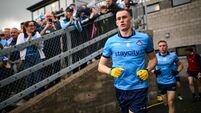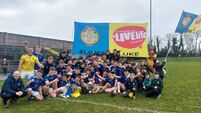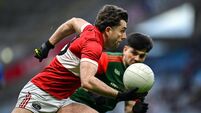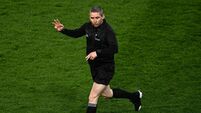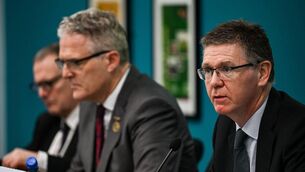Ballinhassig and football: Tangled up in blue with its proud hurling alter ego
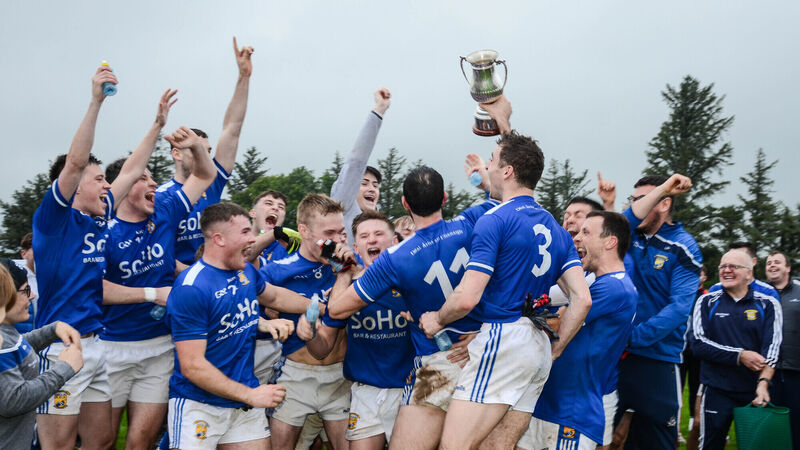
Ballinhassig celebrate capturing their second SE JAFC title. Picture: Howard Crowdy
As this is a story about a club famed for its hurling making a Cork county football final, it makes sense for events with the small ball to be the genesis of a change of fortune, and attitude with the bigger one.
To make sense of it all, we have to take a step back first.




